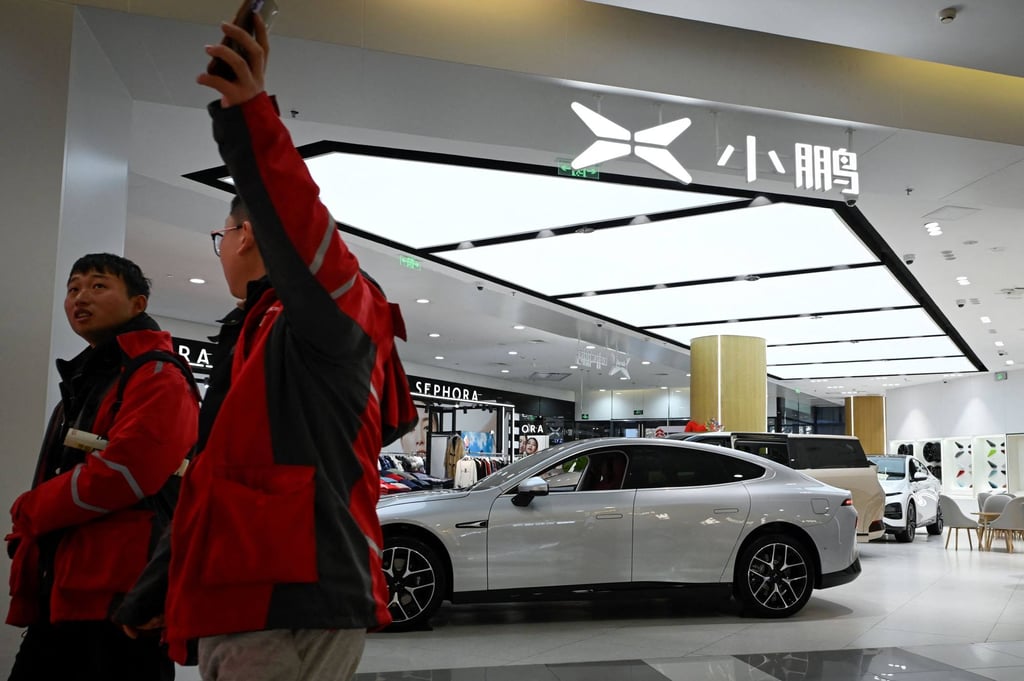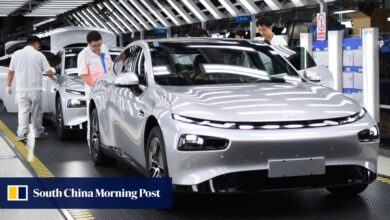China’s premium EV sales cruise along, while price war pushes profits further off for most

But profitability remains an uphill battle as the costly price war is unlikely to end soon.
Monthly sales of 10,000 units is seen as a meaningful threshold in the market.
Upgrades to production facilities prevented the company from delivering more vehicles in July, but it aims to hand off 30,000 units a month in the fourth quarter after its assemblies are expanded and fine-tuned, according to a statement.
“The companies benefited from Chinese drivers’ increasing penchant for electric cars,” said Tian Maowei, a sales manager at Yiyou Auto Service in Shanghai. “The steep discounts they offered to lure buyers also helped to sustain their sales growth.”
According to the latest data by the China Passenger Car Association, the EV adoption rate stood at 48.4 per cent on the mainland in June, compared with 40 per cent in December.

China is the world’s largest EV market. Sales of pure electric and plug-in hybrid vehicles account for about 60 per cent of the global total.
A discount war among the EV players to vie for a bigger market share has been squeezing their profit margins since February.
On February 19, BYD fired the first salvo in the discount war, pricing the basic edition of its plug-in hybrid model – the Qin Plus DM-i – at 79,800 yuan (US$11,009), 20 per cent below its earlier quotation. It has since cut prices on nearly all its models by 5 to 20 per cent.
The prices of 50 models across a range of brands had dropped by 10 per cent on average, Goldman Sachs said in a report in April.
Early this week, BYD reduced prices for its Fang Cheng Bao premium models by up to 17.3 per cent.
One company opting out of the price war is BMW, which in mid-July increased prices after a campaign of steep markdowns squeezed the German marque’s profit margins while failing to boost deliveries.
Source link



